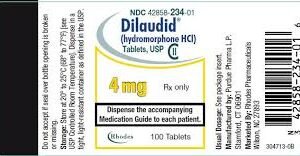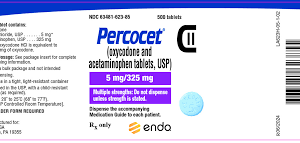Description
Diclofex DC is a medication commonly use for the treatment of pain and inflammation. It is primarily a combination of Diclofenac (a nonsteroidal anti-inflammatory drug, or NSAID) and Paracetamol (also known as acetaminophen), both of which are commonly use to manage pain.
Here’s a brief breakdown of its components:
- Diclofenac: This is an NSAID that works by inhibiting the enzymes (COX-1 and COX-2) responsible for the production of prostaglandins, which are chemicals in the body that promote inflammation, pain, and fever. By blocking these enzymes, diclofenac reduces pain, inflammation, and swelling in conditions like arthritis, muscle pain, and other inflammatory diseases.
- Paracetamol (Acetaminophen): Paracetamol is an analgesic and antipyretic, which means it helps to relieve pain and reduce fever. While its exact mechanism of action isn’t fully understand, it is thought to work by blocking pain signals in the brain and reducing the production of chemicals that cause inflammation.
Together, Diclofex DC is often prescribe for conditions such as:
- Osteoarthritis
- Rheumatoid arthritis
- Musculoskeletal pain
- Back pain
- Post-surgical pain
- Injuries and sprains
How it Works:
- Pain Relief: The combination of diclofenac and paracetamol helps to reduce both inflammation (from diclofenac) and pain (from both diclofenac and paracetamol).
- Anti-inflammatory Action: Diclofenac helps to decrease inflammation, which is key in many chronic conditions like arthritis.
Common Dosage and Administration:
- The dosage and frequency depend on the specific condition being treat and the patient’s health status. Typically, Diclofex DC comes in tablet or capsule form.
- It is usually recommend to take the medication with food to minimize potential stomach irritation, a common side effect of NSAIDs like diclofenac.
Side Effects:
Like all medications, Diclofex DC may have some side effects, including:
- Gastrointestinal issues: such as nausea, upset stomach, or, more rarely, ulcers and bleeding.
- Headache and dizziness.
- Liver or kidney issues: It is essential to monitor liver and kidney function in patients who use this medication long-term.
- Allergic reactions: Rashes, swelling, or difficulty breathing (though these are rare).
Precautions:
- Heart conditions: NSAIDs like diclofenac can increase the risk of heart attack or stroke if taken long-term, particularly in high doses.
- Stomach ulcers or bleeding: Patients with a history of stomach ulcers should be cautious, as diclofenac can irritate the stomach lining.
- Liver and kidney function: Diclofex DC should be used with caution in patients with liver or kidney disease.
Contraindications:
- If you are allergic to any components of the medication, it should not be used.
- It is not recommended for use in pregnant women, particularly during the third trimester, unless advised by a healthcare provider.
Conclusion:
Diclofex DC is an effective pain-relieving medication combining diclofenac and paracetamol for a stronger, more comprehensive approach to pain and inflammation management. As with any medication, it’s important to use it under the guidance of a healthcare professional to avoid potential side effects and interactions with other drugs.






Reviews
There are no reviews yet.